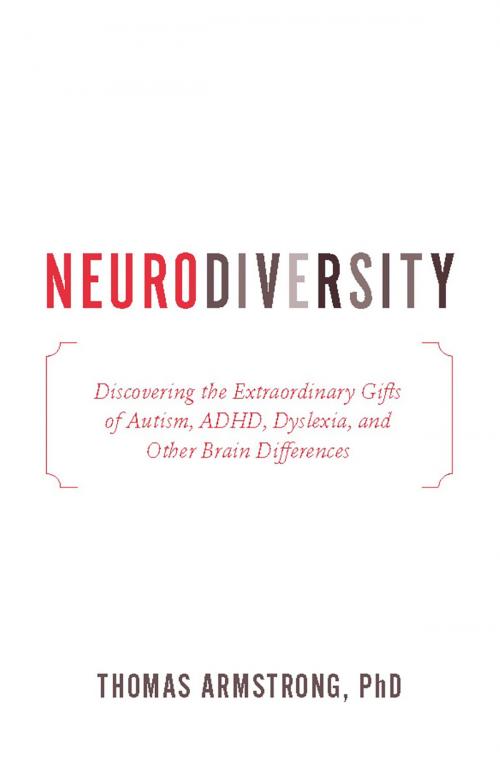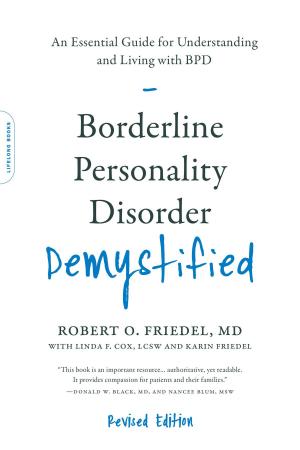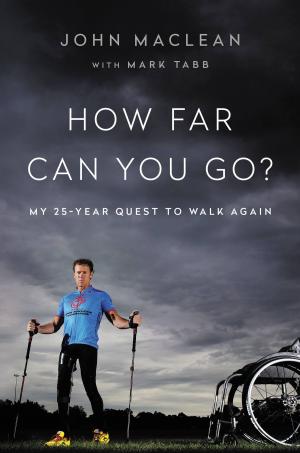Neurodiversity
Discovering the Extraordinary Gifts of Autism, ADHD, Dyslexia, and Other Brain Differences
Nonfiction, Health & Well Being, Psychology, Neuropsychology| Author: | Thomas Armstrong | ISBN: | 9780738214115 |
| Publisher: | Hachette Books | Publication: | May 25, 2010 |
| Imprint: | Da Capo Lifelong Books | Language: | English |
| Author: | Thomas Armstrong |
| ISBN: | 9780738214115 |
| Publisher: | Hachette Books |
| Publication: | May 25, 2010 |
| Imprint: | Da Capo Lifelong Books |
| Language: | English |
A new term has emerged from the disability movement in the past decade to help change the way we think about neurological disorders: Neurodiversity.
ADHD. Dyslexia. Autism. The number of categories of illnesses listed by the American Psychiatric Association has tripled in the past fifty years. With so many people affected by our growing culture of disabilities,” it no longer makes sense to hold on to the deficit-ridden idea of neuropsychological illness.
With the sensibility of Oliver Sacks and Kay Redfield Jamison, psychologist Thomas Armstrong offers a revolutionary perspective that reframes many neuropsychological disorders as part of the natural diversity of the human brain rather than as definitive illnesses. Neurodiversity emphasizes their positive dimensions, showing how people with ADHD, bipolar disorder, and other conditions have inherent evolutionary advantages that, matched with the appropriate environment or ecological niche, can help them achieve dignity and wholeness in their lives.
A new term has emerged from the disability movement in the past decade to help change the way we think about neurological disorders: Neurodiversity.
ADHD. Dyslexia. Autism. The number of categories of illnesses listed by the American Psychiatric Association has tripled in the past fifty years. With so many people affected by our growing culture of disabilities,” it no longer makes sense to hold on to the deficit-ridden idea of neuropsychological illness.
With the sensibility of Oliver Sacks and Kay Redfield Jamison, psychologist Thomas Armstrong offers a revolutionary perspective that reframes many neuropsychological disorders as part of the natural diversity of the human brain rather than as definitive illnesses. Neurodiversity emphasizes their positive dimensions, showing how people with ADHD, bipolar disorder, and other conditions have inherent evolutionary advantages that, matched with the appropriate environment or ecological niche, can help them achieve dignity and wholeness in their lives.















